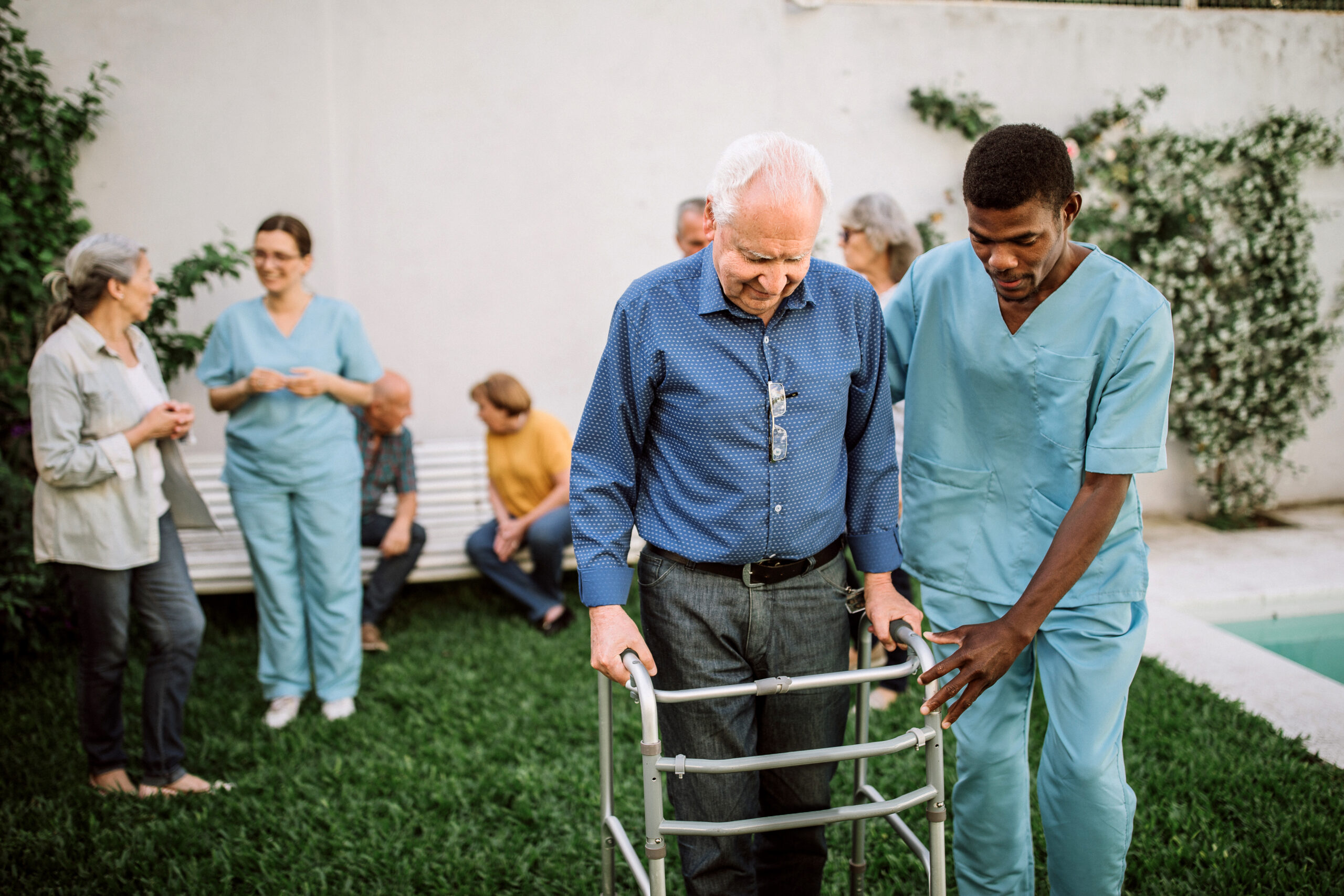
The options available to you for long-term care may overwhelm you. There are many options, including assisted living, community-based care and Alzheimer's care. Although it can be hard to make the right decision, there are some things that you should remember as you choose the right option. In this article, we will explain some of the different options available for elder care.
Assisted Living
Assisted living for seniors is a community that assists with daily activities. This includes personal care, housekeeping, and meals. Residents can engage in hobbies or take part in social activities. Nearly all facilities have healthcare available 24 hours a days. The care plans are reviewed and updated on an ongoing basis. Residents are assigned a care coordinator. Those with medical conditions or special needs may be referred to a higher level of care.
Some costs associated with assisted living may be covered by Medicaid. It covers the current health care needs of 75 million Americans. The application process and eligibility requirements for Medicaid vary by state, so be sure to check with your state's Medicaid assistance agency for details. Medicare doesn't cover assisted living costs. If you qualify for Medicaid, there are several other options to cover the expenses.

Home care
As your loved person ages, it is important to make decisions about what long-term home care you want. Aging naturally may require assistance, but so can illness and the progression of dementia. These tips and resources will help you make a decision that is right for you. Below, you will find some tips for finding a suitable long-term care provider. Recommendations from friends and family can also be helpful.
Seniors may feel more at ease staying at home. This familiarity often helps older people cope with loss and illness. Sometimes, it is the best thing for them to remain in their home. Many people make the difficult decision to move from their house after suffering a severe illness or a sudden loss. To ensure your loved one is comfortable, it is important that you plan in advance. It will allow the family to visit them and be close.
Community-based care
Over a million people provide personal and home care services to the elderly in their communities. As the population gets older, the demand to provide long-term community-based care services will also increase. Eighty percent would prefer to receive their care at their home rather than in an institution. These community-based services include personal care and home health modifications as well as transportation.
Home-based services provide long-term support for the elderly and are often provided by family members or by paid providers. These services can be an alternative to nursing home care, as they are more affordable and flexible. Services they offer include housekeeping, supervision, as well as a minimum of three meals per day. These homes are licensed by the State Department of Health. Most family-type homes accept these programs and are an excellent option for those unable to stay in a nursing home.

Alzheimer's Care
If you're responsible for elderly loved ones, it is imperative to understand how to provide proper Alzheimer's care for the ailing. For example, the condition can cause impaired bladder control, leading to incontinence. Incontinence may be embarrassing and can indicate a serious medical condition, such as a cystitis or a urinary tract infection. There are many ways to provide Alzheimer’s care for the elderly.
A good place to start is to write down all medications taken by the patient. A majority of pharmaceutical companies offer prescription assistance programs (PAP) which provide free medication. If you have insurance, you can ask for waivers of co-payments. Make sure you list all medication taken by your loved one and then search the database to find assistance programs. The database will provide a list listing assistance programs that could help pay for your loved-one's medication.